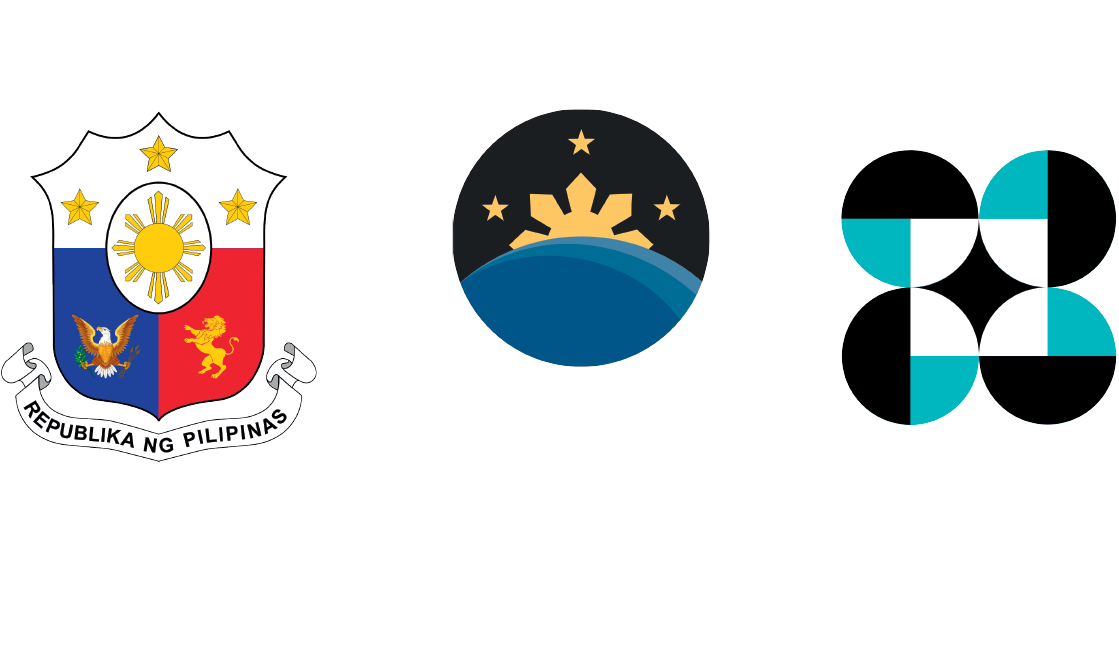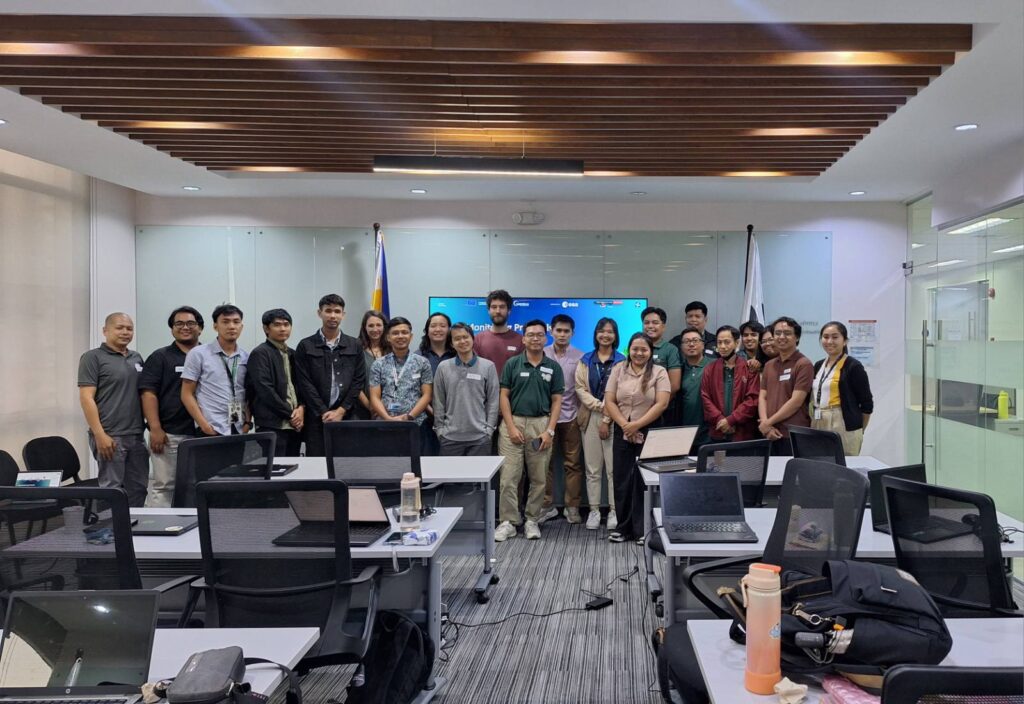In May 2025, we hosted a 2-day practical session of the Earth Observation-based pilot service dedicated to crop mapping. The service will support Filipino authorities with more comprehensive insights on the state of crop cultivation in the country for improved, evidence-based decision-making and policies.
The course brought together 40 participants from Filipino institutions to explore how to leverage Copernicus Sentinel satellites data to calculate vegetation indices applied to crop mapping. Particular emphasis was placed on the use of in situ data to improve the accuracy of crop classification algorithms. To demonstrate this in practice, participants were guided through the crop mapping methodology to interpret a random forest algorithm, analysing both the results and accuracy metrics.
This training course was the second of a three-part series on crop mapping, which focuses on foundational concepts, techniques, and applications of Copernicus data for these purposes. In addition to this series, CopPhil is also hosting training courses on its Ground Motion Monitoring, Coastal Marine (Benthic) Habitat Monitoring, Land Cover Mapping, and Forest Mapping pilot services.
As a unique initiative of the EU’s Global Gateway strategy, CopPhil, through its EO-based pilot services development and capacity building activities, is supporting the Philippines in addressing climate vulnerability and biodiversity conservation while improving hazard management and resilience.
For updates on CopPhil’s activities, follow us on LinkedIn and Facebook.
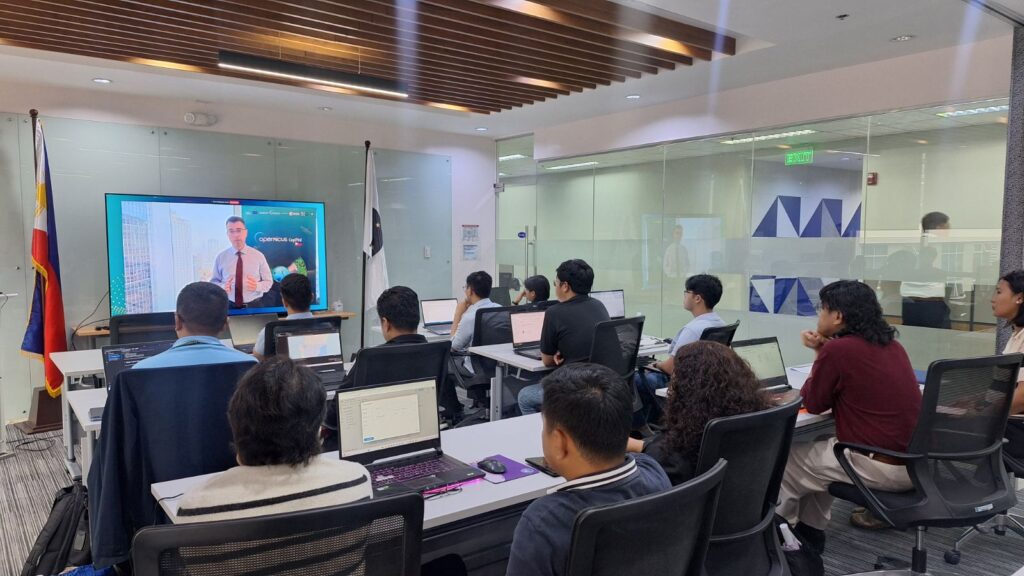
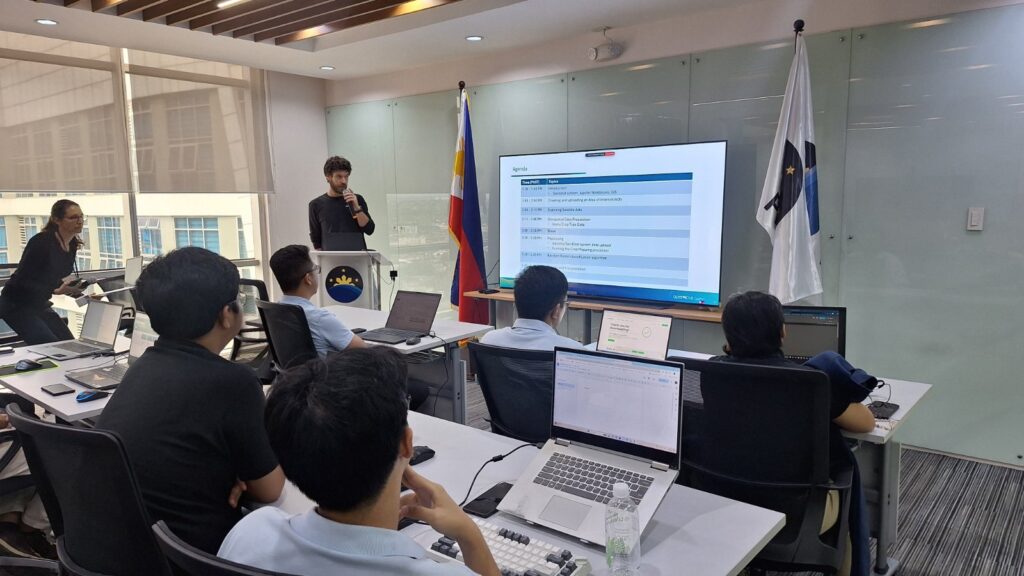
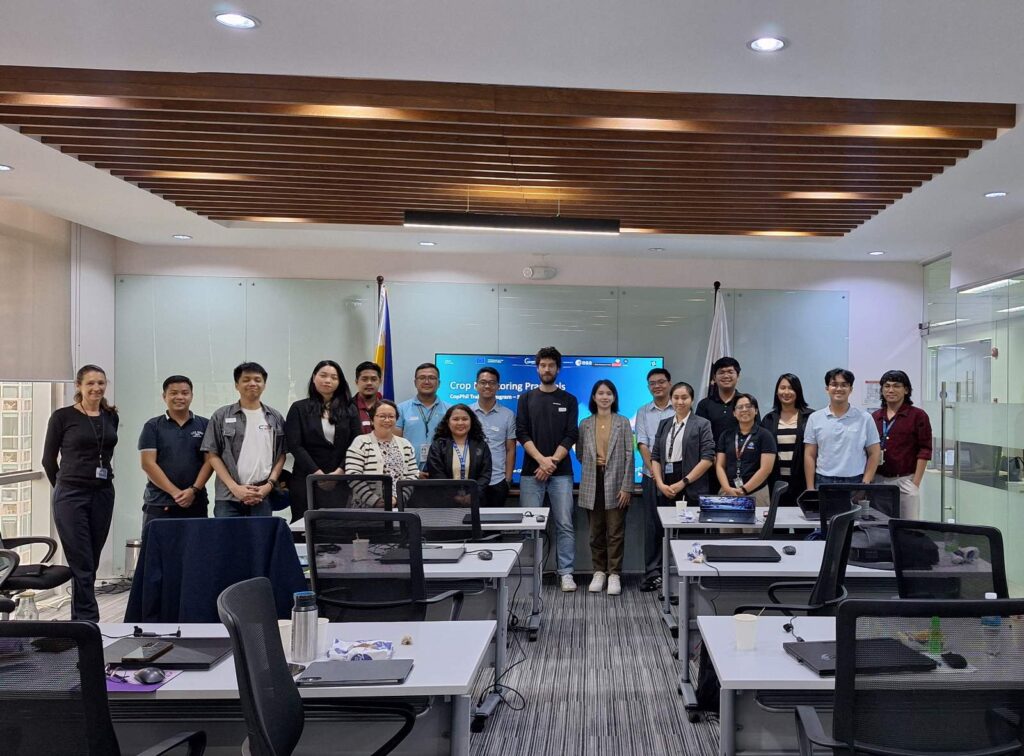
Background Information
As a flagship and unique programme of the EU’s Global Gateway strategy, CopPhil is designed to harness digital resources and space technology for sustainable development and to support innovations in research and business in close cooperation with government partners.
CopPhil is managed by the European Union Delegation to the Philippines. It is implemented by the European Space Agency (ESA) in partnership with the Philippine Space Agency (PhilSA) and the Philippine Department of Science and Technology (DOST).





